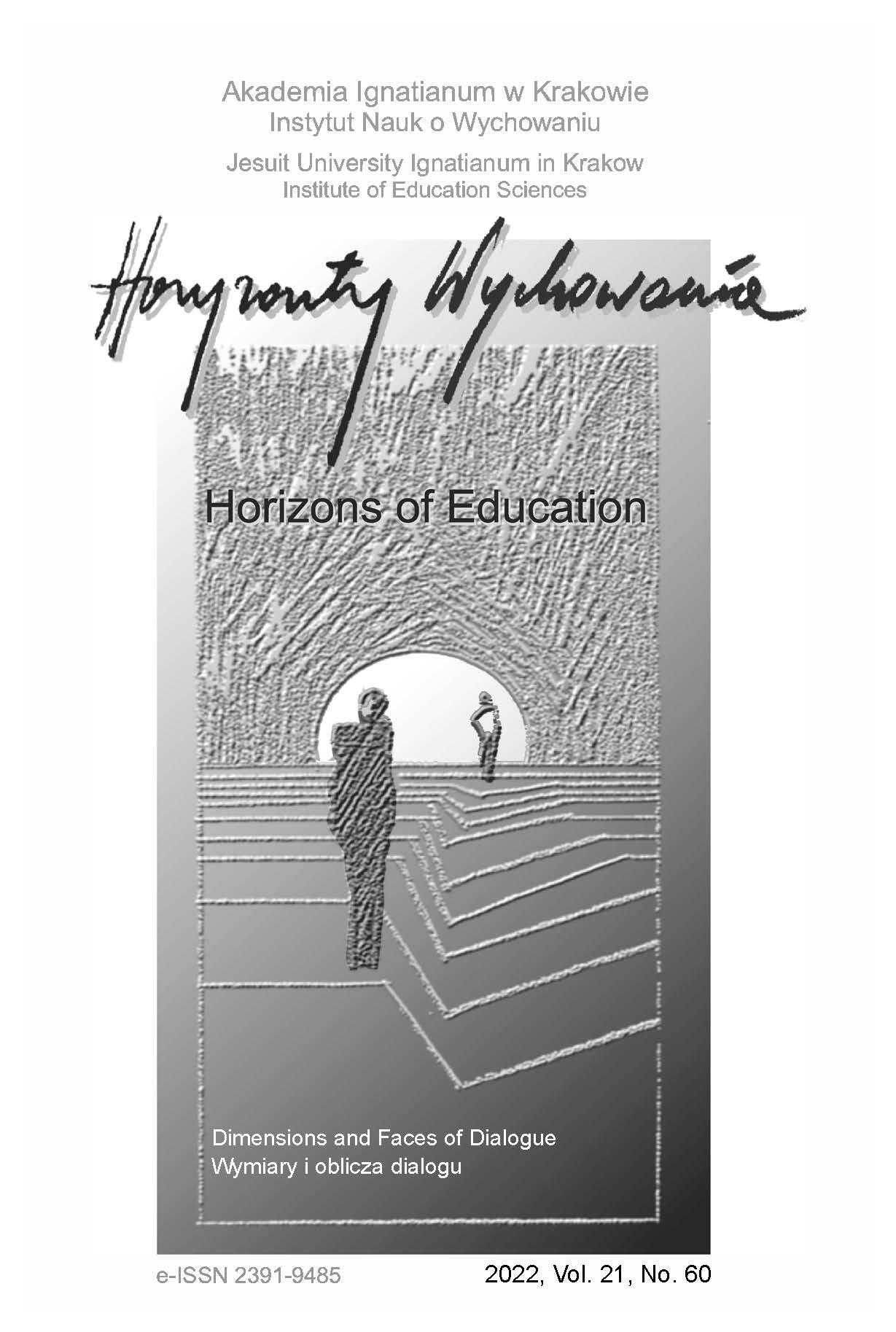Implementation of Autonomy in Non-public Schools after 1989. The Perspective of Founders and Directors
Implementation of Autonomy in Non-public Schools after 1989. The Perspective of Founders and Directors
Author(s): Aleksandra BerkowiczSubject(s): History of Education
Published by: Uniwersytet Ignatianum w Krakowie
Keywords: management in education; autonomy; schools; non‑public schools; changes;
Summary/Abstract: RESEARCH OBJECTIVE: The aims of the article are of three types: exploratory, descriptive, and explanatory. The exploratory aim includes striving to identify the basic facts related to the implementation of autonomy in non-public schools after 1989; the descriptive purpose includes an attempt to document the process of autonomy in non-public schools, and the explanatory objective includes developing and enriching theoretical explanations.RESEARCH PROBLEM AND METHODS: In relation to the subject matter, the research question is: how did the process of implementing autonomy in non-public schools develop? The research used a qualitative strategy, and the tool used during the research was an interview with the founders and principals of Polish non-public schools.THE PROCESS OF ARGUMENTATION: Non-public schools were being established in Poland after 1989 as a result of the political transformation. They were perceived as modern grassroots forms of education based on humanistic, democratic values. Autonomy was to be a tool and help in the fulfilment of those values and ideas.RESEARCH RESULTS: In non-public schools, autonomy was a gradual process. To a large extent, the scope of autonomy and participation in decision-making processes first of all depended on the management units, such as the principal and the governing authority.CONCLUSIONS, INNOVATIONS AND RECOMMENDATIONS: For the founders and principals of schools, autonomy in Polish non-public schools was an important element in building the school community, although it was carried out by trial and error because there were no available models for implementing autonomy. In future, it would be worthwhile to undertake empirical research of Polish public schools in the field of exercising autonomy, and then to carry out comparative research in this area.
Journal: Horyzonty Wychowania
- Issue Year: 21/2022
- Issue No: 60
- Page Range: 59-68
- Page Count: 10
- Language: English

